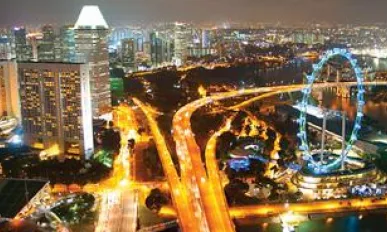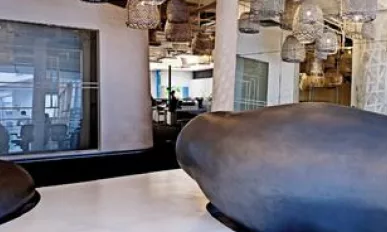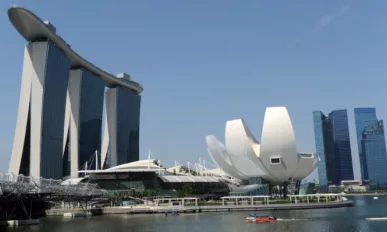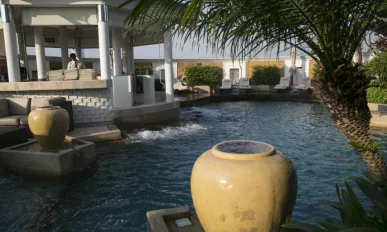Issue 6
PacificLight Power : Electrifying the Competition
With their brand new state-of-the-art electricity power plant, PacificLight Power Pte Ltd, together with its retail arm PacificLight Energy Pte Ltd, are in the process of securing a bigger customer base and the brand recognition they deserve.
India International Insurance : The Ayes Have It
India International Insurance celebrates 25 years of underwriting and maintaining a superb claims record.
M+W Group : 100 Years of Continued One-Stop Service
M+W Group recently celebrated 100 years of providing technology-related construction solutions for international clients.
Merx Construction : Perfecting Project Management
With the project management market only just emerging in Asia, Merx Construction are always looking for ways to achieve smarter productivity.
Singapore Named the World’s most Expensive City
Over the last decade, Singapore has been moving up the ranks of the world’s most expensive cities to live in.
Bangalore’s Waste Disposal Could be Helped by Cloud Computing Software
Bangalore could benefit from a cloud-based technology network, which will make garbage disposal and recycling more efficient.
WeChat Pushes to Further Commercialise App
Starting today, Chinese customers of WeChat will be able to buy items through the app. Tencent have added support for any brands to allow customers to purchase items.
Singapore Hotel Market Hits New Records
2013 was the strongest year for the Singapore hotel market post the Global Finance Crisis in 2007, when transaction volumes stood at US$10.3 billion.
Shanghai Maths Teachers to be Brought to England
Up to 60 Shanghai maths teachers are to be brought to England to raise standards, in an exchanged arranged by the Department for Education, BBC News reports.











